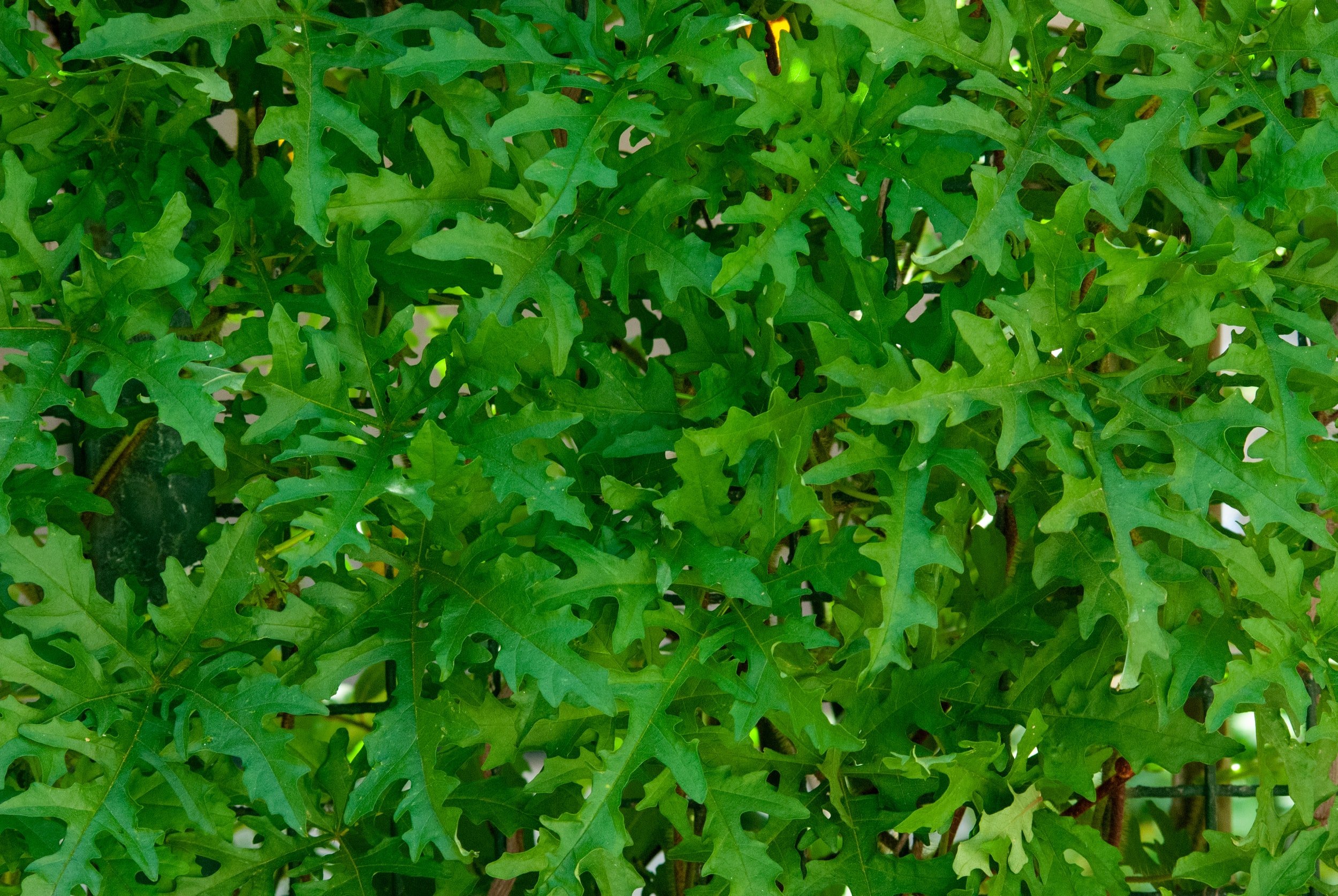What’s Below:
About Arugula
Cooking & Storage
Recipes
ABOUT Arugula
Arugula is a green leafy vegetable that grows in cool temperatures, and is in the same family as other brassicas like collards, cabbage, kale and radish. It has origins in Southern Europe, particularly Italy and Greece where it’s been cultivated for at least 2,000 centuries. These tender leaves are known for their peppery, mustard-like flavor at their most mature, however they can be picked when younger for a more subtle, sweet taste.
COOKING & STORAGE
Edible parts: Leaves and flowers
Medicine and Nutrients: These punchy little leaves also pack lots of nutrients like vitamins A, C, & K, as well as minerals like calcium, iron, and potassium.
Storing and Shelf Stability: Don’t wash arugula until you are ready to use it, make sure you are storing the leaves when dry after washing. Arugula will last in the refrigerator for about one week, loosely wrapped between some paper towels and kept in a plastic bag or container.
Ways to Prepare
RAW: Arugula is most commonly eaten raw in salads tossed with a dressing or vinaigrette, on sandwiches, in smoothies to add a kick, or just by itself. If you’re lucky enough to catch an arugula plant flowering you can harvest the bright yellow flowers and eat those too.
COOKED: Arugula can also be quickly cooked as a sauteed or stir-fried green like spinach, or added towards the end of a soup or stew’s cooking time.
RECIPES
Arugula Pesto & Farro Pilaf (Sweet Potato Soul)
Simple Arugula Salad (Two Peas & Their Pod)
Arugula Tomato Cheese Pizza (Half Baked Harvest)
10 Arugula Recipes (A Couple Cooks)
Chickpea, Carrot, and Arugula Salad (Sula and Spice)
Authored and compiled by Maya Marie of Deep Routes, Ayllen Kocher, and Amara Ullauri



